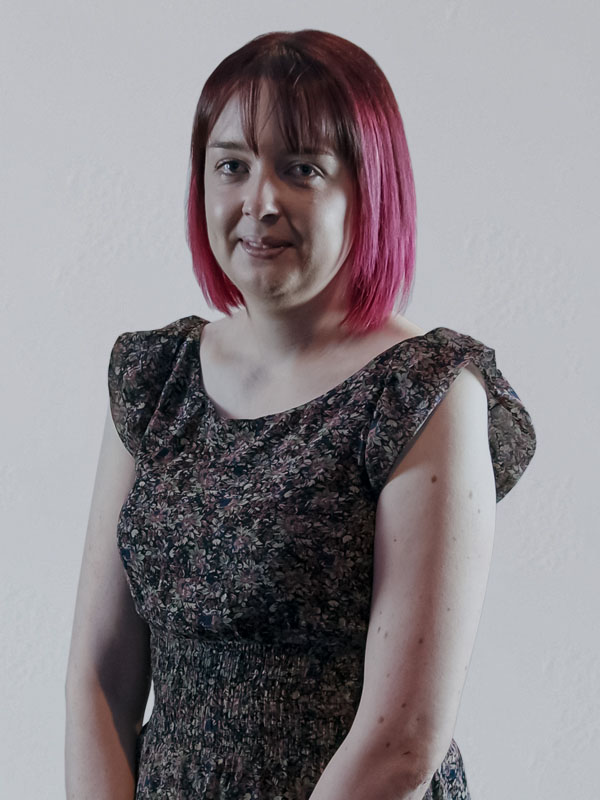Virtual reality training package for Biomedical Scientists
My Topol fellowship problem / project:
Errors that happen within Transfusion laboratories contribute towards 20% of the total errors reported in England relating to transfusing blood products to patients. Errors such as incorrect selection of blood products, incorrect testing or inappropriate interpretation of results can be potentially fatal for the patient.
Surveys of Transfusion laboratories show that many are struggling to provide adequate training due to a lack of available staff, difficulty in training at the same time as maintaining a routine service and the inability to take time out of the laboratory to attend courses. This creates challenges for newly qualified Biomedical Scientists who need to learn how to apply the knowledge gained as part of their degree into practical skills.
My project aims to use virtual reality to combine both the theoretical and practical aspects of the provision of blood products, a process called crossmatching. Biomedical Scientists will be able to learn how to carry out the crossmatching process in a safe environment, without having to waste any donated units or other resources and where no harm can come to the patient. Using virtual reality headsets means the training can be more independent, reducing the burden on laboratory training officers having to provide 1-2-1 supervision. Using technology which has not previously been used in this area may also increase engagement and make training more fun.
Innovative technology has the potential to change the way training is delivered within healthcare science, ensuring all healthcare scientists are provided with the highest standard of training. This can help to ensure that risks to patient care as a result of laboratory errors can be reduced.
About me
I am a Consultant Clinical Scientist Trainee working in Red Cell Immunohaematology (RCI). RCI is a specialist referral laboratory which receives samples from hospital Transfusion laboratories when they are unable to resolve testing because the patient may have a rare blood group or rare blood group antibodies. RCI also provides a range of other specialist tests, such as monitoring of antenatal patients who have developed antibodies against their baby’s blood. As a Clinical Scientist I am able to use my scientific and clinical knowledge to advise healthcare professionals on the appropriate testing and management of these patients.
I began my career as a Biomedical Scientist in hospital Haematology and Transfusion laboratories, therefore I am aware of the obstacles faced relating to training in both hospital and reference Transfusion departments. These include staffing challenges and managing training along with busy workloads. I am passionate about training and education and am keen to explore how new technologies can be used to assist in overcoming these barriers.

